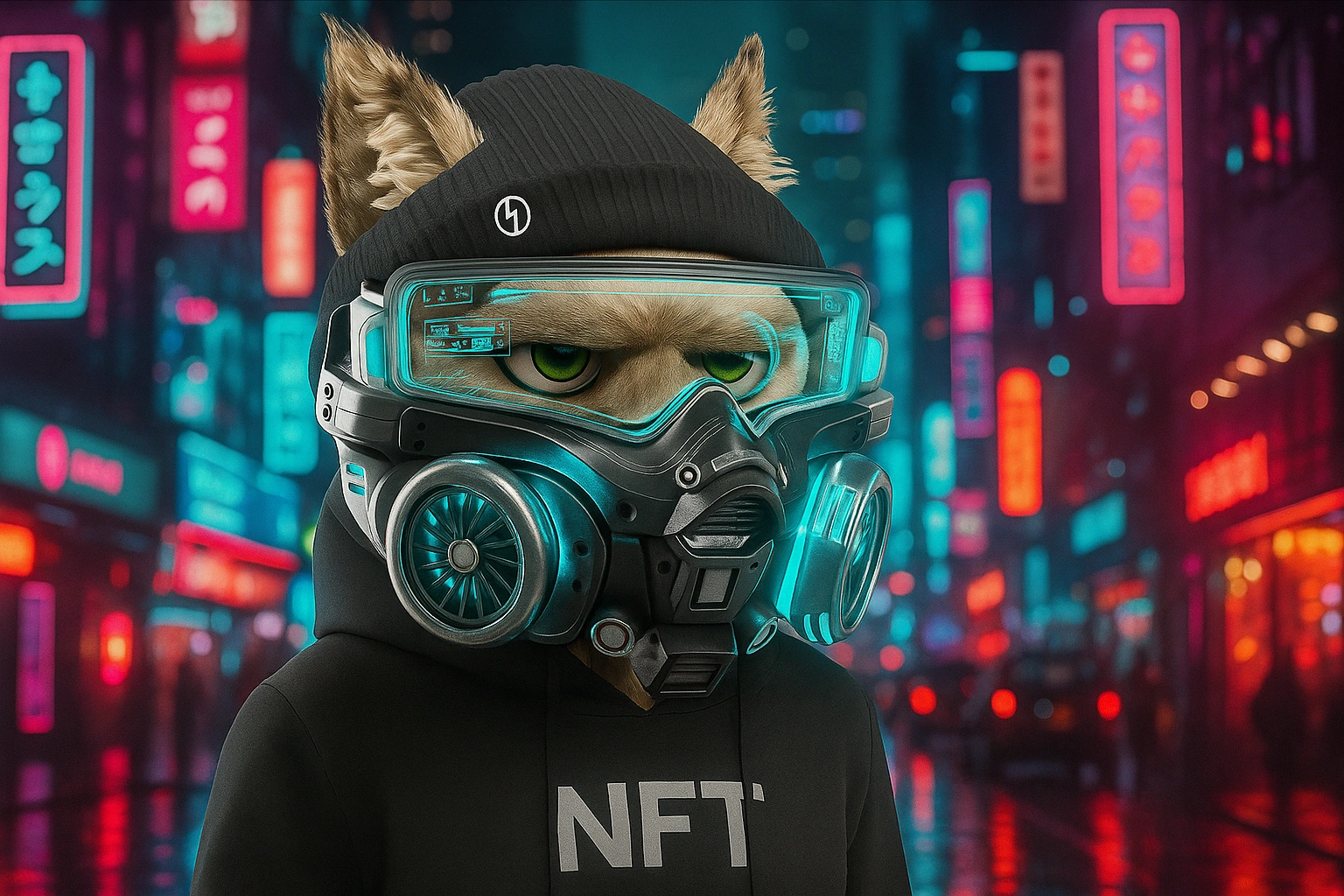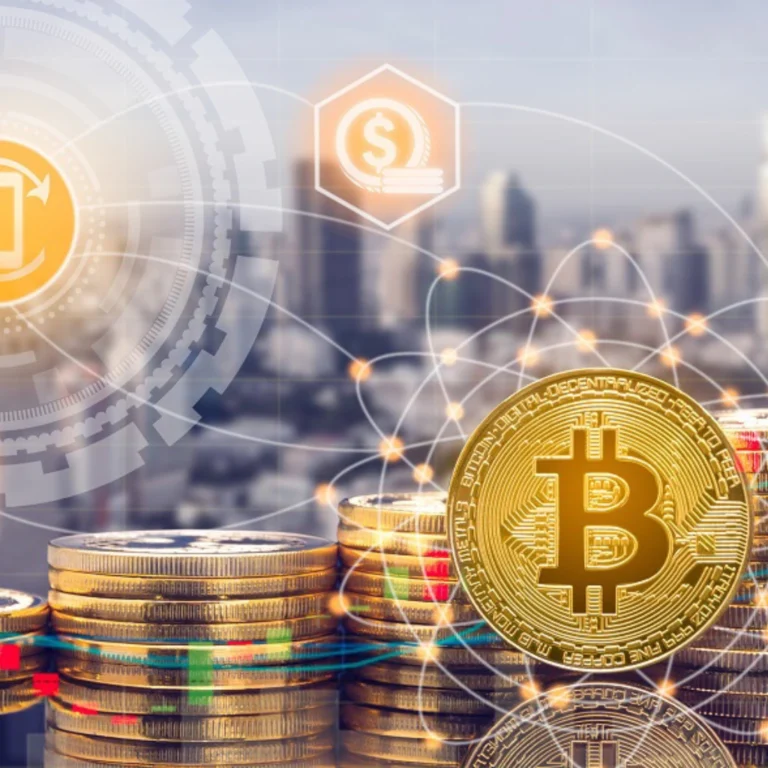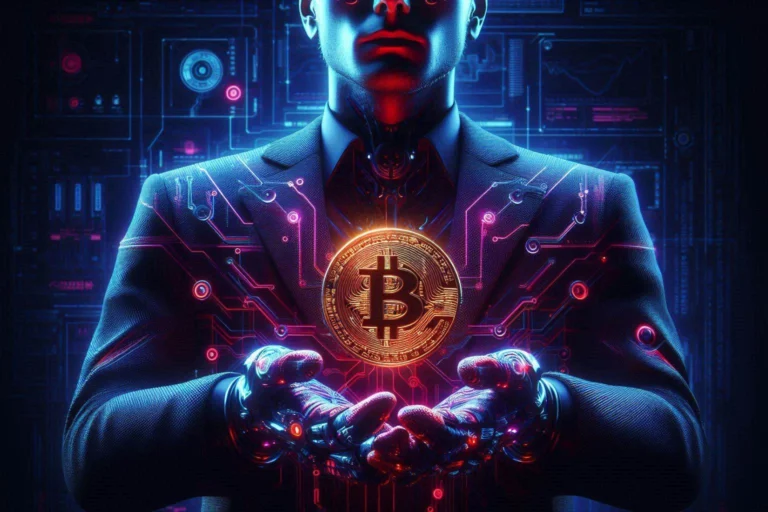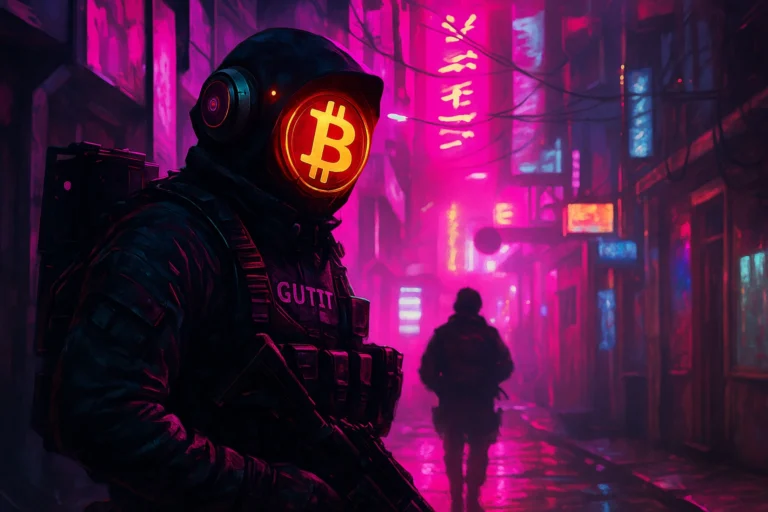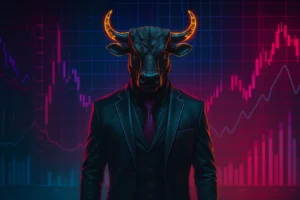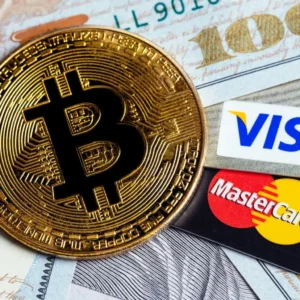NFTs 2025 in Vietnam: Frequently Asked Questions About the Web3 Art Market
As the digital economy matures in Vietnam, NFTs continue to play a significant role in shaping creative careers, investments, and the local tech landscape. Whether you’re an artist, investor, or just curious about the buzz, here’s a beginner-friendly guide to help you navigate the world of NFTs in 2025 and how they’re used in Vietnam’s Web3 art market.
1. What is an NFT, exactly? And what does “non-fungible” mean?
An NFT (Non-Fungible Token) is a digital item stored on a blockchain that represents unique ownership. The term “non-fungible” means that it cannot be replaced by something identical—unlike money or Bitcoin, where each unit is interchangeable.
NFTs can represent digital artworks, music, GIFs, video clips, 3D objects, and even game items. What makes an NFT special is that ownership is publicly recorded and verifiable on the blockchain, so even though the image or video might be copied, only one person owns the “original” token.
2. Why are NFTs still relevant in 2025? Didn’t the trend peak in 2021?
While the initial hype has cooled, NFTs are far from over. In 2025, they’ve become foundational to many parts of the Web3 ecosystem, especially in Vietnam. Artists, musicians, and developers use NFTs to distribute and monetize their work, often without middlemen. That shift in control—away from big platforms and toward creators—is why NFTs still matter.
NFTs are no longer just collectibles; they’re tools for contracts, certificates, membership, and brand engagement. In Vietnam, we’re also seeing more platforms, exhibitions, and events designed for local creators and collectors.
3. How do NFTs fit into Vietnam’s Web3 art market?
Vietnam’s creative scene is vibrant, youthful, and increasingly digital. The Web3 art market here is a mix of global platforms like OpenSea and local communities using NFTs for cultural expression. Artists are selling digital paintings based on folklore, musicians are releasing NFT albums, and tech-savvy Gen Z creators are turning memes and motion graphics into real assets.
The NFT space in Vietnam is also highly social. Creators promote work through Discord, Telegram, and Twitter (X), and often build small fan bases that support their collections. As Web3 infrastructure grows—especially with mobile-first design and Vietnamese-language interfaces—local engagement continues to rise.
4. I’m a complete beginner. How do I get started with NFTs in Vietnam in 2025?
If you’re starting from scratch, here’s the simplified flow:
- Step 1: Learn the basics—like you’re doing now.
- Step 2: Set up a crypto wallet (e.g. MetaMask, Trust Wallet). This will store both your NFTs and the crypto used to buy or sell them.
- Step 3: Purchase some cryptocurrency, usually Ethereum (ETH) or Solana (SOL). You can use local platforms like Binance Vietnam or Remitano.
- Step 4: Explore NFT marketplaces like OpenSea or Magic Eden. Some platforms even offer NFTs priced in VNĐ or allow card payments.
- Step 5: Decide whether to buy existing NFTs or create (mint) your own.
Most importantly, move slowly. Read up. Join local creator communities online. The NFT space rewards curiosity and caution in equal measure.
5. Can I make money from NFTs in Vietnam?
Yes—but not always, and not instantly.
Some Vietnamese creators earn by selling NFT artworks or collections. Others use NFTs to offer VIP access to content, music releases, or fan perks. Developers are also exploring “play-to-earn” games using NFT-based characters or assets.
But as with any form of investment, there are risks. NFT prices are volatile. Demand can shift quickly. And not every project succeeds.
So while it’s possible to profit, it’s more sustainable to think of NFTs as long-term creative or cultural assets, rather than short-term speculation.
6. Are NFTs legal in Vietnam in 2025?
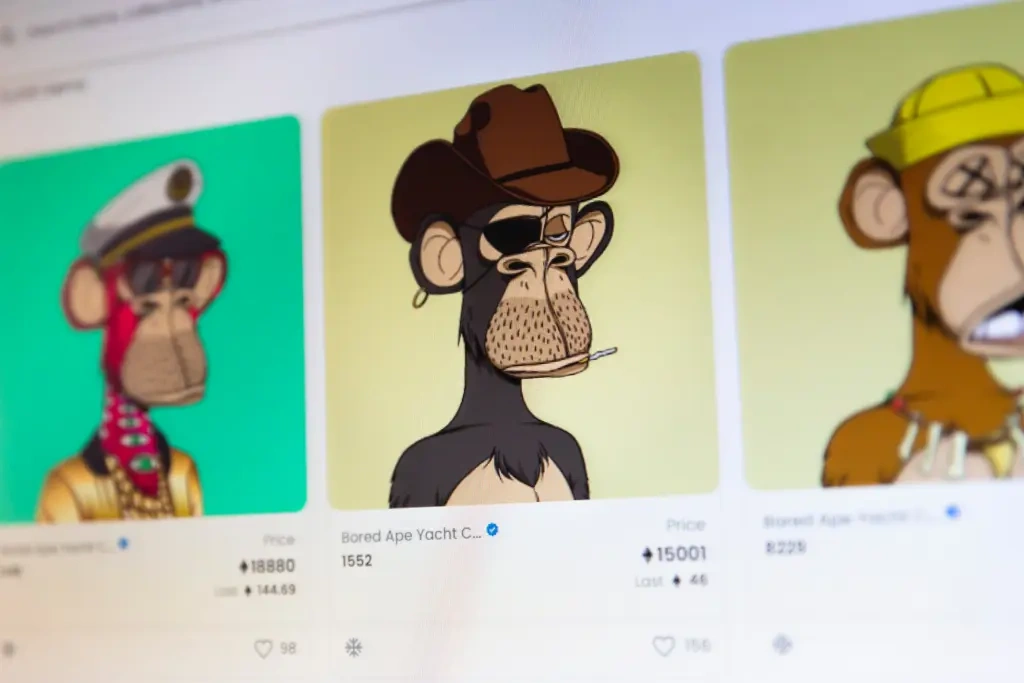
Credit from Tech in Asia
NFTs are not illegal in Vietnam, but the legal framework around them is still developing.
You can trade NFTs on international platforms, buy crypto legally through exchanges, and use wallets to hold your assets. However, because NFTs are not regulated like stocks or traditional property, users are advised to proceed with caution. Scams, fakes, and fraud remain a concern.
The Vietnamese government has shown interest in monitoring Web3 activity, especially when it involves large-scale fundraising (e.g., token launches). For now, creators and collectors should focus on transparency, personal research, and using trusted platforms.
7. What risks should beginners be aware of in the NFT space?
Several, especially for younger or first-time users:
- Scams and fake projects: Not all NFTs are what they appear to be. Some are copied art, others are “pump and dump” coins with no real value.
- Volatility: Prices can spike or crash in days. What’s worth 5 million VNĐ today might be worth nothing tomorrow.
- Influencer hype: Some celebrities or online personalities promote NFT projects because they’re paid to—not because they genuinely believe in them.
- Technical errors: Losing your wallet password, clicking a bad link, or interacting with malicious smart contracts can cost you everything.
That’s why it’s essential to educate yourself before spending. Many of Vietnam’s early NFT adopters learned the hard way—so new users can benefit from that hindsight.
8. What are some real-life examples of NFTs used in Vietnam today?
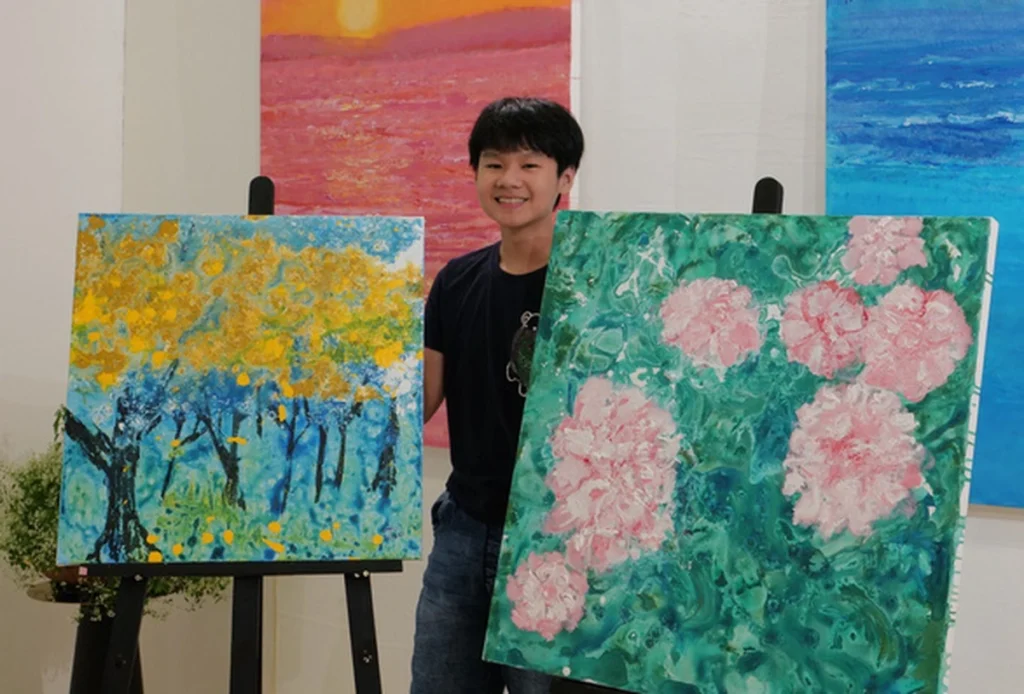
Credit from Tuoi tre news
The applications are diverse:
- Digital art galleries in Ho Chi Minh City now display and auction NFT-linked works alongside traditional pieces.
- Musicians are using NFTs to launch albums with unlockable content, giving fans access to behind-the-scenes tracks or video shoutouts.
- Startups are exploring NFT-based event tickets that prevent counterfeiting and offer post-event perks.
- Some Vietnamese tech communities are issuing NFT certificates for training programs or hackathons.
NFTs are being used as identity badges, engagement tokens, and revenue tools across many sectors. And with Vietnam’s youthful, mobile-first internet culture, more use cases are expected to emerge.
9. How do I protect myself when buying or creating NFTs?
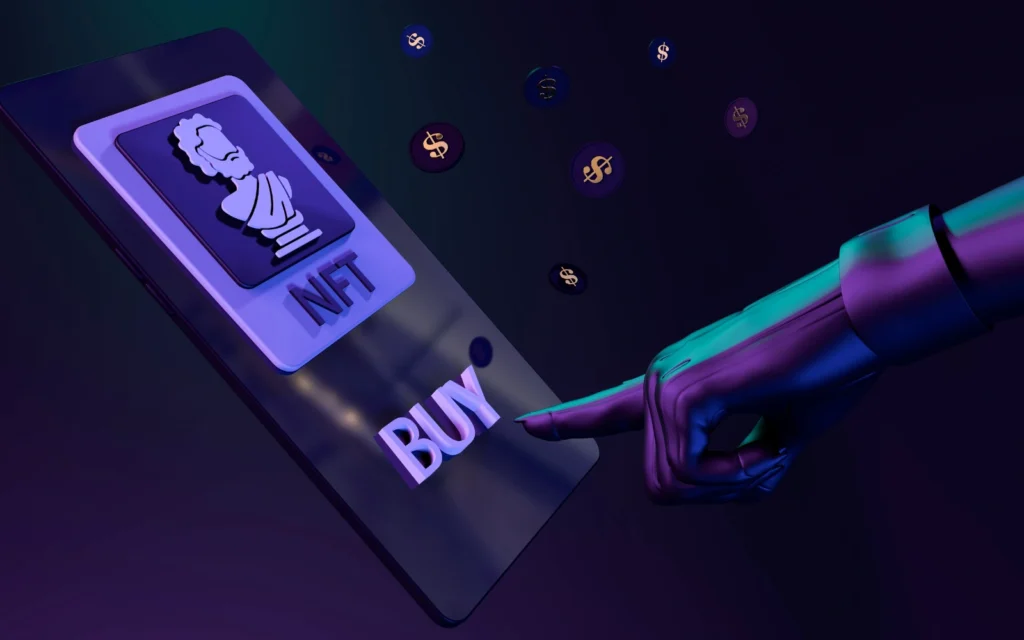
Credit from Search Engine Journal
Security and caution are essential when entering the NFT space. Always take time to double-check links, use only verified platforms, and never—under any circumstance—share your wallet’s recovery phrase, not even with so-called customer support. Enabling two-factor authentication and keeping your device software updated are also basic but crucial steps to protect your assets. Before purchasing an NFT, it’s worth asking a few key questions:
Who is behind the project? Is the artwork truly original? What kind of real-world or community value does it offer?
For creators minting their own NFTs, it’s equally important to read the terms of the marketplace carefully and understand the licensing rights involved. The more informed you are, the more confidently you can navigate this fast-evolving digital landscape.
10. Where can I learn more or connect with NFT communities in Vietnam?
There are now Discord groups, Facebook communities, and local Telegram chats dedicated to NFT art, trading, and Web3 education. Look for platforms or creators you trust and start small—ask questions, join AMAs (ask-me-anything sessions), and attend virtual or in-person workshops when possible.
Some universities, tech co-working spaces, and even design schools are beginning to introduce NFT modules or blockchain education. Staying curious and connected is your best resource.
Final Thoughts: NFTs 2025 in Vietnam Are Just Getting Started
Whether you’re a painter in Hue, a hip-hop artist in Da Nang, or a high school student in Can Tho exploring crypto art, NFTs offer more than a fleeting trend—they represent a new kind of access and agency. In Vietnam, NFTs 2025 are part of a growing conversation about culture, creativity, and ownership in the digital world.
And while it’s not without risks, the opportunities for Vietnamese creators and collectors to engage with the Web3 art market—on their own terms—are stronger than ever.

